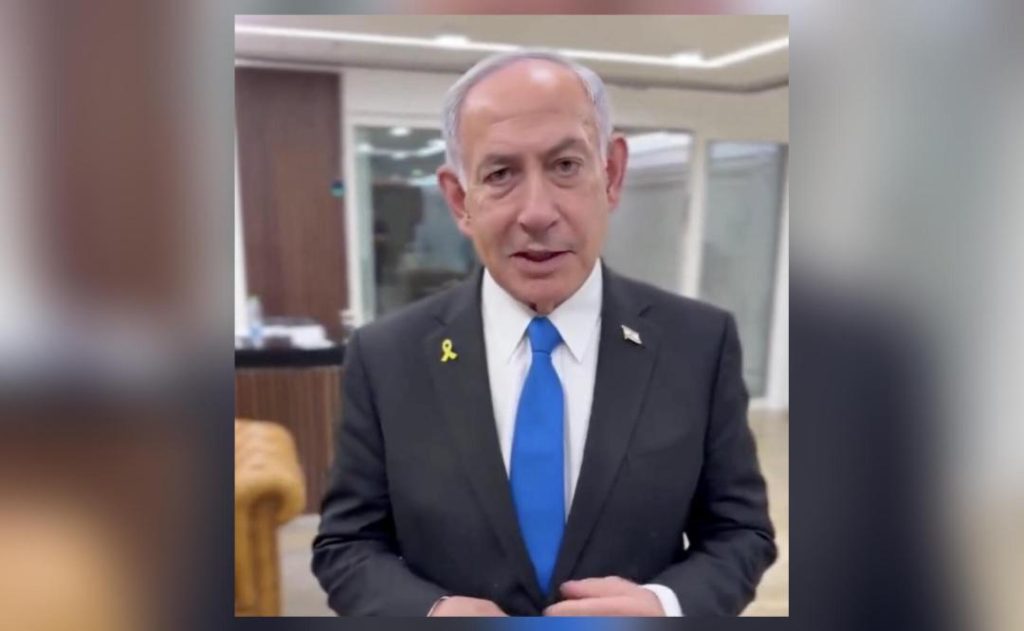
We’d Accepted Deal but Hamas Wants Us to Leave Gaza, I Won’t Accept: Israel PM
In a recent statement, Israeli Prime Minister Benjamin Netanyahu revealed that his country had accepted a deal mediated by US special envoy Steve Witkoff, aimed at resolving the long-standing conflict between Israel and Hamas in Gaza. However, Hamas has rejected the deal, and Netanyahu has refused to consider backing down, citing concerns about the security of Israeli citizens.
The deal, which has been shrouded in secrecy, was reportedly discussed between Netanyahu, Witkoff, and senior Hamas officials. According to Netanyahu, the proposal included significant concessions from Israel, including the lifting of certain restrictions on Gaza and the establishment of a new economic framework for the region.
Despite these concessions, Hamas has rejected the deal, insisting that Israel must first withdraw its forces from Gaza and dismantle its blockade of the coastal strip. This stance has led Netanyahu to declare that he will not accept the deal, citing the need to protect Israeli citizens from the threat posed by Hamas.
“I’ll not accept that,” Netanyahu said in a statement. “We’d accepted the deal, but Hamas rejected it…They want us to leave Gaza, so they can attack us again…I won’t accept that.”
Netanyahu’s refusal to accept the deal has been met with criticism from some quarters, with many arguing that the Prime Minister is prioritizing his own political interests over the interests of the Israeli people. However, Netanyahu has maintained that his decision is motivated by a desire to protect the security and well-being of Israeli citizens.
“We cannot accept a deal that would leave us vulnerable to attack and harm,” Netanyahu said. “We need to ensure that our citizens are safe and secure, and that means taking a strong stance against Hamas and other terrorist groups.”
The controversy surrounding the deal has been fueled by a series of polls showing that a majority of the Israeli public supports the proposal. However, Netanyahu has dismissed these polls as “manipulated,” suggesting that they do not reflect the true opinions of the Israeli people.
“I don’t believe the polls,” Netanyahu said. “I think they are manipulated, and I think they don’t reflect the true feelings of the Israeli people.”
The dispute between Netanyahu and Hamas has significant implications for the region, with many fearing that it could lead to a renewed cycle of violence and instability. The Gaza Strip, which has been governed by Hamas since 2007, has been the site of several bloody conflicts between Israel and the Palestinian militant group.
In the wake of the deal’s rejection, international leaders have called for calm and restraint, urging both sides to work towards a peaceful resolution to the conflict. The United States, which has been involved in mediating the talks, has also expressed its concerns about the situation, warning that the failure to reach a deal could have serious consequences for the region.
As the situation in Gaza continues to unfold, one thing is clear: the fate of the region hangs in the balance. Will Netanyahu and Hamas be able to find a way to resolve their differences, or will the conflict continue to escalate? Only time will tell.



